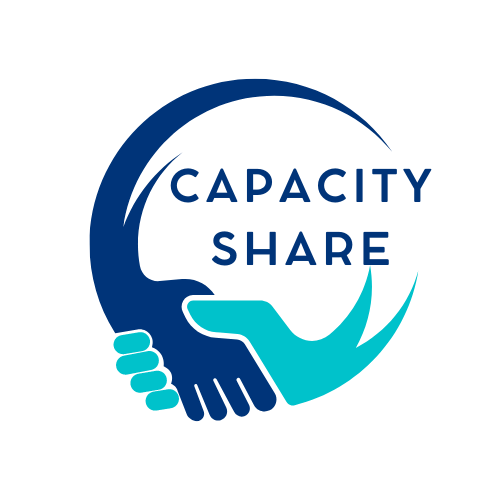
Design
Job Interview Tips: How To Make a Great Impression
When it comes to job interviews, making a great impression is crucial. The job interview is your chance to showcase your skills and experience, and convince the interviewer that you're the best candidate for the job. In this blog post, we'll share job interview tips to help you prepare and make a great impression.
Job Interview Tips: How To Make a Great Impression
Introduction: When it comes to job interviews, making a great impression is crucial. The job interview is your chance to showcase your skills and experience, and convince the interviewer that you're the best candidate for the job. In this blog post, we'll share job interview tips to help you prepare and make a great impression.
- Research the company and the role Before the interview, research the company and the role you're applying for. This will show the interviewer that you're genuinely interested in the company and the position, and that you've taken the time to prepare.
- Practice your responses to common interview questions Practice your responses to common interview questions, such as "Tell me about yourself" and "What are your strengths and weaknesses?" This will help you feel more confident and prepared during the interview.
- Dress appropriately Make sure to dress appropriately for the interview. Research the company culture and dress code, and dress one level up from what you would wear on the job.
- Arrive early Arrive early for the interview, so you have time to compose yourself and prepare mentally.
- Bring copies of your resume and references Bring copies of your resume and references to the interview, in case the interviewer needs them.
- Turn off your phone Turn off your phone before the interview, or put it on silent mode. You don't want it to interrupt the interview or distract you.
- Make eye contact and smile During the interview, make eye contact with the interviewer and smile. This will show that you're engaged and interested in the conversation.
- Use positive body language Use positive body language, such as sitting up straight and nodding your head, to show that you're attentive and engaged.
- Be confident Be confident during the interview, and believe in your skills and experience. This will help you come across as a strong candidate.
- Ask questions Ask questions during the interview to show that you're interested in the role and the company.
- Prepare examples of your accomplishments Prepare examples of your accomplishments and how you've added value in your previous roles. This will help you demonstrate your skills and experience.
- Be honest Be honest during the interview, and don't exaggerate your skills or experience. If you don't know the answer to a question, it's okay to say so.
- Be aware of your tone of voice Be aware of your tone of voice during the interview, and speak clearly and confidently.
- Don't interrupt the interviewer Don't interrupt the interviewer during the interview, and wait for them to finish speaking before you respond.
- Show enthusiasm Show enthusiasm for the role and the company during the interview, and demonstrate why you're passionate about the opportunity.
- Be prepared to discuss your salary expectations Be prepared to discuss your salary expectations during the interview, and research the salary range for the role and industry.
- Follow up after the interview Follow up with the interviewer after the interview to thank them for their time, and reiterate your interest in the role.
- Don't badmouth your previous employer Don't badmouth your previous employer during the interview, as this can come across as unprofessional.
- Be aware of your body language Be aware of your body language during the interview, and avoid negative body language such as crossing your arms or slouching.
- Don't speak negatively about yourself Don't speak negatively about yourself during the interview, and focus on your strengths and accomplishments.
# job interview
# job interview tips
# preparing for a job interview
# research the company
# common interview questions
# dress appropriately
# arrive early
# bring copies of resume and references
# turn off phone
# make eye contact
# use positive body language
# be confident
# ask questions
# examples of accomplishments
# honesty
# tone of voice
# don't interrupt
# show enthusiasm
# salary expectations
# follow up
# professionalism.


